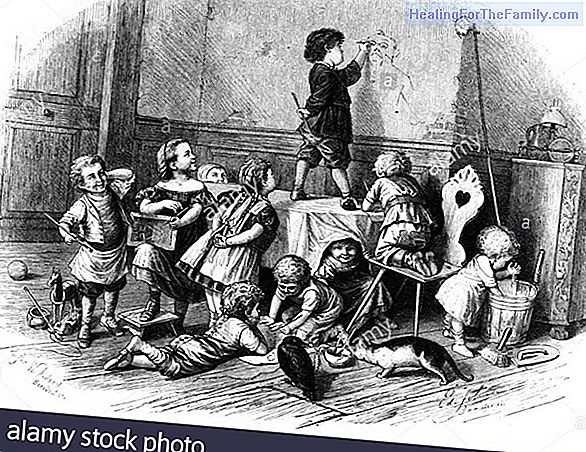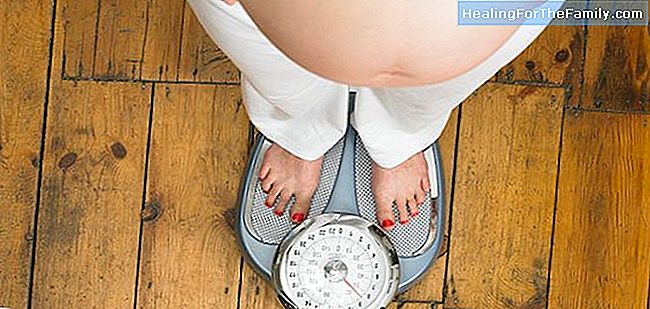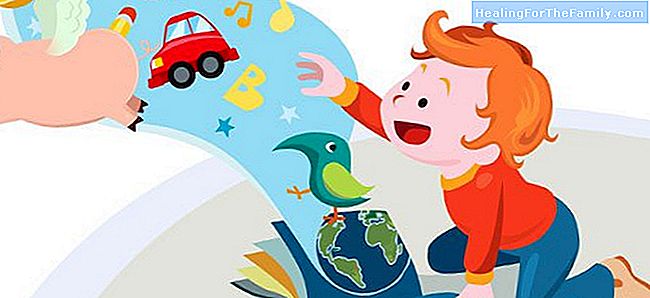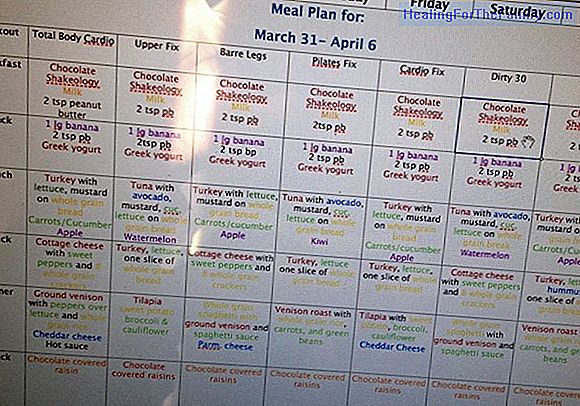Breastfeeding, how long do you breastfeed the children?
Breastfeeding is the best way to feed the baby during the first years of life, but even when we should breastfeed the children? The magazine Time opened this interesting debate by placing on its cover a photograph of a great mother, wearing tipazo and nursing her burly 3-year-old son on the cover. T
Breastfeeding is the best way to feed the baby during the first years of life, but even when we should breastfeed the children? The magazineTime opened this interesting debate by placing on its cover a photograph of a great mother, wearing tipazo and nursing her burly 3-year-old son on the cover. This is the claim to talk about parenting with attachment and the prolongation of breastfeeding beyond the baby stage. How long to breastfeed a child?The mom in the photo is Jamie Lynne Grumet, a 26-year-old housewife in Los Angeles, who is a "strong advocate for the extension of breastfeeding". She speaks from her own experience and says that her mother gave her breast milk until she was 6 years old and that she has renounced to reason with strangers who see her breastfeeding her son and threaten to call social services.
Is prolonging breastfeeding so long is biologically normal?

The debate is served. International organizations of recognized prestige such as the WHO (World Health Organization) ensure that breastfeeding is the best food that can be offered to the baby exclusively and on demand during the first six months of life. Then, they advise prolonging the breastfeeding during the first year of the baby's life as complementary feeding and maintaining it until two years or more, or until the mother and the son wish it. The AAP (American Association of Pediatrics) has not established a limit for breastfeeding either. There are children who are breastfed until they are 4, 5 or 6 years old. This may be rare, but not harmful, according to experts' research. On the contrary, it seems that the prolongation of breastfeeding is a source of benefits for both the mother and her baby. Despite the social damage of breastfeeding older children, breast milk is an incomparable source of defenses (in fact the concentration of immune cells in milk increases in the second year), so that the breastfed child benefits from the contribution of maternal defenses while their own immune system has just matured, a maturation that takes place between 2 and 6 years of age.
In addition, breastfeeding until at least two years, protects against type 1 diabetes and prevents the risk of obesity and overweight. A prevalence of obesity has been demonstrated at 5-6 years of age of 4.5 percent in non-breastfed children and 0.8 percent in those with lactations above one year of age. On the other hand, attachment parenting has numerous psychological benefits for breastfed children.
Breastfeeding provides food, comfort, tenderness, communication between mother and child, contact and transfer of oxytocin from mother to child, which is the hormone of love, because lactation increases its levels in the mother.And for the mother, they are all advantages. On demand breastfeeding delays menstruation, the iron needs in the maternal diet are reduced by half and this causes the fertility moment to fall behind. It decreases the risk of fractures due to osteoporosis in old age and reduces the risk of breast and ovarian cancer.
However, perhaps due to ignorance or social damage, the percentage of mothers who continue breastfeeding beyond two years of the baby is very small. On Twitter, the cover inspired past jokes and in many forums a debate was opened about whether it is okay to breastfeed beyond the baby stage. Are you in favor of or against prolonged breastfeeding? If you could, would you breastfeed your baby until age 6? Tell us
Marisol Nuevo.












